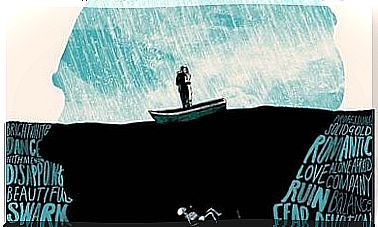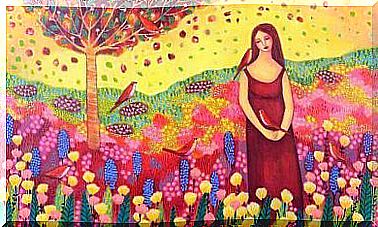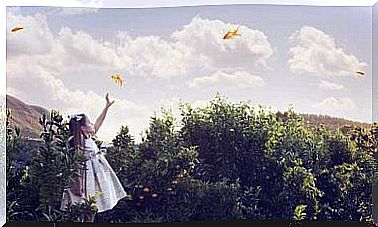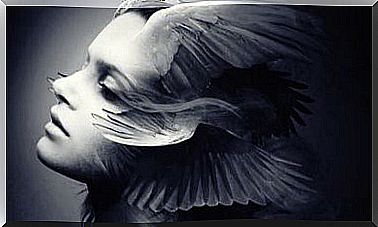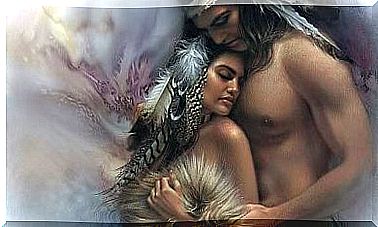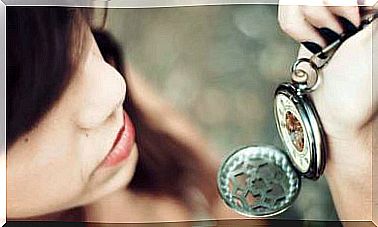The Origin Of The Phrase ‘know Yourself’ From The Temple Of Apollo
Know yourself. These were the words that were inscribed almost as a warning in the pronaos of the Temple of Apollo at Delphi. It was Plato who gave greater diffusion to this phrase of high ethical and reflective value through his dialogues, reminding us of the importance of looking within before making any decision, before taking any step.
Centuries have passed and a large part of the people are still disabled in that basic subject that is self-knowledge. We are that society that continues to act without reflection, that blames others for its failures and that continues to misconstrue honesty.
For example, self-protective and rationalizing biases abound. When failing, excuses appear. It is always easier to blame others for your own mistakes and resort to the situational factor: “things are very difficult, because with this crisis there is no way out.”
Self-knowledge, whether we like it or not, is the essence of human maturity. It is our greatest responsibility, the task to which we should dedicate time, intuition and effort. What’s more, you don’t need a trip to India or the Camino de Santiago to put more light inside yourself. People are revealing ourselves on a day-to-day basis; self-knowledge is a daily task.
As Thomas Hobbes said in his Leviathan, ‘whoever looks inside and considers what he does when he thinks, thinks, reasons, and on what grounds, will read and know the thoughts and passions of all men on similar occasions . ‘ That is, knowing who we are will not only help us to know ourselves. This competition also opens the door for us to get to know others.
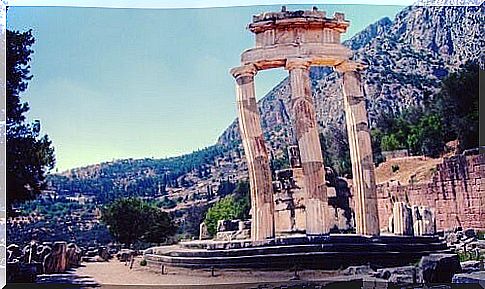
Know yourself, the message of the gods
It is not a simple advice, nor a recommendation nor a suggestion. The words inscribed at the entrance to the temple of Apollo at Delphi were almost an exhortation and even a warning that went beyond mere ethical or religious value. Pausanias, the famous tourist of the second century of Christ, in his work Description of Greece , explained that this phrase was inscribed in gold as soon as he entered the temple.
Now, in the room where the sibyl was, that wise woman trained since she was a child to reveal the message of the oracles, the following inscription could be read in turn:
The oracle of Delphi, a place of pilgrimage
Delphi was that location to which, for several centuries, personalities such as Philip II, King of Macedonia, Pyrrhus, King of Epirus, Cicero, Julian, etc. came to visit. At 700 meters above sea level and 9.5 km from the Gulf of Corinth, it was a place of great power. There stood the famous Oracle of Apollo, and where any mortal could receive a message from the gods to know their destiny.
The registered works of Aeschylus, Cicero, Pliny, Plato, Pausanias, Plutarch give truth to this scenario of which at present, we only have evocative ruins at the foot of some mountains. It is said, for example, that there were fountains, laurel forests and that the fortune-tellers or priestesses of the temple interpreted the messages offered by the gods.
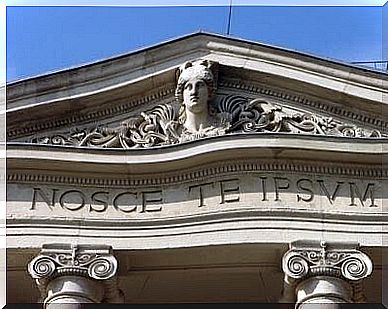
The temple was erected on a stage known as Pito. In that place resided a great serpent or dragon that, according to mythology, guarded the primitive oracle until Apollo killed said creature and took over the sanctuary. The oracle of Delphi reached its maximum splendor in the 7th century BC. C and lost its relevance with the Roman occupation in the 1st century BC. C.
Before you ask a question, know yourself
That the words ‘Know thyself’ were at the entrance to the Temple of Apollo was no accident. Pliny explained that they were inscribed in gold and that it was impossible to cross the threshold without looking at them, without letting their letters remain imprinted on the eye and on the mind. That was the purpose. It was an exhortation to reflection, to be aware of something very concrete.
- He who wished the Oracle of Delphi to speak to him must first delve into himself.
- From the knowledge of one’s own, the most correct questions are born.
- No question will make sense if we don’t answer the most important question first: who am I?
- In turn, only those who are wise when it comes to understanding each other in depth will know how to make better use of what the oracle reveals to them.

The arduous task of knowing yourself
Most of us are clear that few messages are more important than the one that the temple of Apollo left us in its pronaos. Know yourself is that motto that abounds in any self-help book, philosophy manual or Instagram story . We have all heard it sometime and we try to apply it daily.
Now, as we have pointed out at the beginning, this vital competence is not acquired overnight. No great feats are required. The adventure of knowing yourself lasts a lifetime. And this is so because of a very simple fact: people change, we mature, we improve, we advance.
Just like he said
